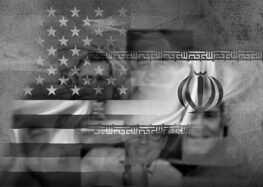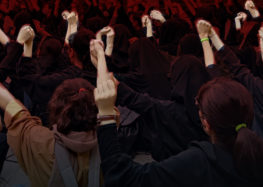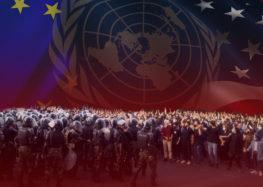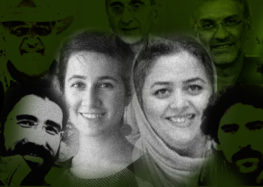US, EU Should Seek Release of Dual-National Hostages in Tandem with Nuclear Talks
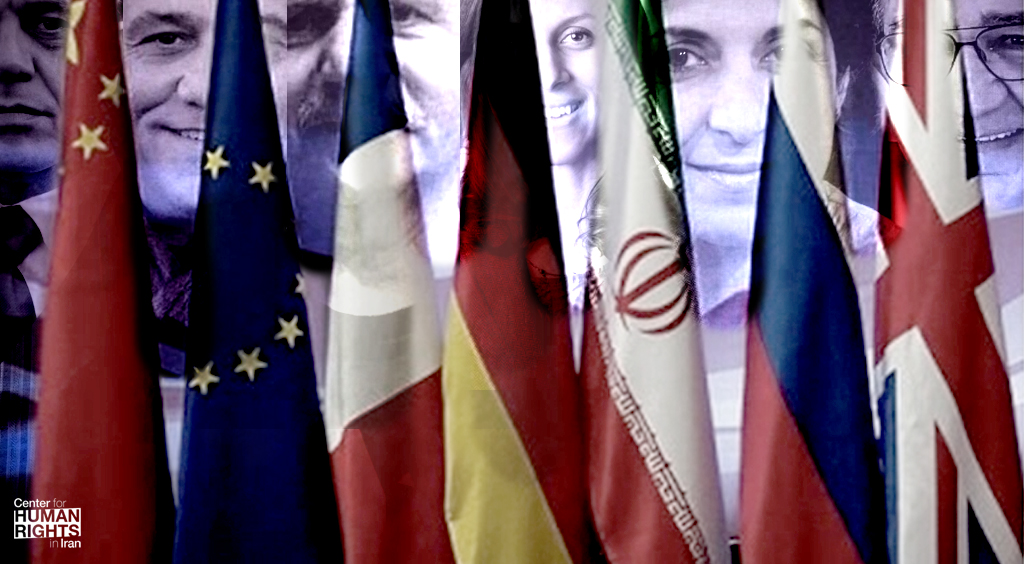 April 20, 2021—The situation of dual-nationals and foreign persons taken hostage and imprisoned by the Iranian government has not only remained unchanged, but in certain cases it has deteriorated, despite the new US administration’s approach to Iran and resumption of nuclear talks between the P5+1 and Iran in recent weeks.
April 20, 2021—The situation of dual-nationals and foreign persons taken hostage and imprisoned by the Iranian government has not only remained unchanged, but in certain cases it has deteriorated, despite the new US administration’s approach to Iran and resumption of nuclear talks between the P5+1 and Iran in recent weeks.
It is essential that the US and EU prioritize the release of these hostages, many of whom have been held in Iran’s prisons for years, in tandem with the nuclear negotiations with Iran.
The Center for Human Rights in Iran (CHRI) urges the Biden administration and EU officials to vigorously pursue both bilateral and multilateral tracks to gain the release of dual-nationals and foreigners still held in Iran.
“The US and EU should form a united front to prioritize the cruel and unlawful imprisonment of the many dual and foreign nationals held in Iran,” said Hadi Ghaemi, the executive director of (CHRI).
“Failure to effectively address Iran’s hostage-taking green lights the practice and leaves other dual nationals at risk of being nabbed to be used as political pawns,” Ghaemi added.
There are currently at least 14 dual-nationals and one foreigner held in Iran, including:
Emad Shargi (Iranian-American businessman), Siamak Namazi (Iranian-American consultant), Baquer Namazi (Iranian-American civil society leader), Morad Tahbaz (Iranian-American environmentalist and businessman), Fariba Adelkhah (Iranian-French academic), Ahmedreza Djalili (Iranian-Swedish scientist), Nahid Taghavi (Iranian-German), Jamshid Sharmahd (Iranian-German political activist), Nazanin Zaghari-Ratcliff (Iranian-British), Anoosh Ashoori (Iranian-British businessman), Aras Amiri (Iranian-British), Mehran Raoof (Iranian-British activist), Massud Mossaheb (Iranian-Austrian businessman), Kamran Ghaderi (Iranian-Austrian businessman), Kamal Alavi (Iranian-Swiss businessman), and Benjamin Briere (French tourist).
The health of several of the above individuals has worsened in recent months, with some now facing catastrophic and permanent health ramifications, if not death. For example:
- Nahid Taghavi, 66 years old, is suffering from Type 2 diabetics and her health situation is rapidly deteriorating according to her daughter. She is in danger of developing kidney failure, nerve damage, heart attack, and stroke.
- Ahmadreza Djalili, sentenced to execution, is in a critical condition and near death after months of prolonged solitary confinement, according to UN experts. “Medical issues have prevented him from eating properly, resulting in dramatic weight loss. His situation is so difficult that he reportedly has trouble speaking. We are shocked and distressed by the cruel mistreatment of Mr. Djalali,” the experts said on March 18, 2021.
- Mehran Raoof, 64 years old, has been kept in solitary confinement for much of his detention for the past six months and his health is rapidly deteriorating.
- Nazanin Zaghari-Ratcliff, despite having completed her five-year sentence (during which time she suffered from serious medical and psychological deterioration), remains under house arrest in Tehran and separated from her young daughter, and is facing a new prosecution. She can move only within a 300-meter perimeter in her house and is being monitored with an ankle bracelet.
- Fariba Adelkhah is under house arrest in Tehran and can move only within a 300-meter perimeter. She is also monitored with an ankle bracelet and is reportedly suffering serious psychological deterioration.

